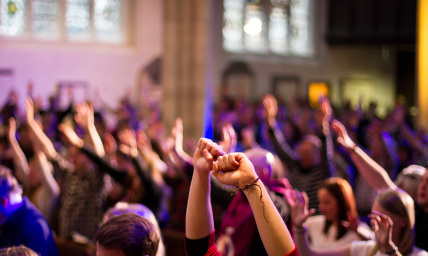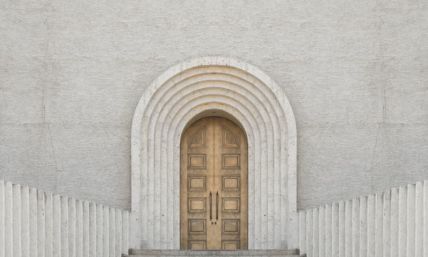The Holy Spirit’s most supernatural work
Some of the ordinary activities of the Spirit have been at work since the beginning of time and will continue until the eternal kingdom. The most notable of these is the Holy Spirit’s work in ...


Some of the ordinary activities of the Spirit have been at work since the beginning of time and will continue until the eternal kingdom. The most notable of these is the Holy Spirit’s work in ...

The first instance of the Spirit’s work appears in the opening verses of Scripture.

I raise the issue of winter portrayed in Rossetti’s first stanza because it well illustrates a problem with how many, if not most, evangelicals think about hymns today.

Constant clamoring for “new” and “fresh” is not a biblical perspective — biblical Christianity is old and stable.

One day we will sit at his table in our glorified bodies, clothed in fine linen, bright and pure, and we will see Christ bodily with our physical eyes.

How, then, do these visions of God in his heavenly palace/temple impact our understanding of what happens here on earth?

Should Christians care about their bodies? How much emphasis should we place upon bodily exercise?

Many churches recognize the importance of utilizing traditional hymns in corporate worship, and hymnals remain valuable sources of such historic Christian songs. However, in an internet age, some worship planners are unsure of how to effectively use a hymnal.

So the question is not whether CT comes from Scripture; it certainly does not, but neither does calculus, free market economics, or microbiology. The more critical question is whether CT is consistent with biblical truth.

I would like to suggest that the relationship between worship and evangelism is actually more complementary than either of these perspectives imply.
